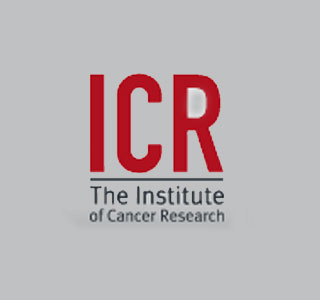
Until now, scientists found that persons belonging to a family of multiple myeloma patients apparently faced 2 to 4 times chances of encountering the disease themselves. But no genes in particular were unraveled on this front.
In this research, the team accessed a method called genome wide association study, where they scanned the DNA of nearly 1,675 patients suffering from multiple myeloma. This group was pitted against 5,900 healthy persons in the control set.
Joint senior author Professor Richard Houlston from the ICR commented, “This is a very exciting development in our understanding of multiple myeloma. This study is the first to confirm that some people are genetically predisposed to multiple myeloma. Compared to other cancer types, relatively little is known about the biological processes that cause multiple myeloma. By identifying these genetic variants, we are closer to understanding how this cancer develops. Ultimately, this could lead to improvements in diagnosis and treatment.â€
The researchers uncovered 2 portions in the genome that were commonly found in multiple myeloma patients and were therefore considered to be risk factors for the same. Though the additional risk of possessing any of the genes accounted to about 30%, the genes seemed to be prevalent in the common population.
This analysis could help in the development of new drug targets and improvement of the existing medication for combating bone marrow cancer. It is published in the journal, Nature Genetics.
